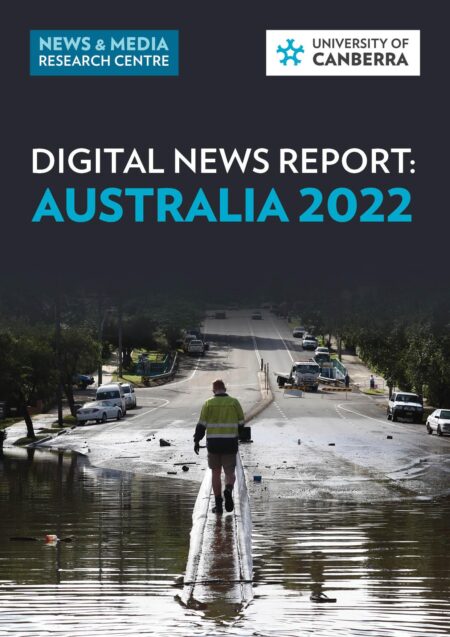Germany is set to launch an exciting new “super-high-tech ministry” designed to propel research, technology, and aerospace into the future. This ambitious initiative aims to ignite innovation and ensure that the nation remains at the forefront of groundbreaking scientific advancements
Browsing: research
In the week of April 8-14, Australia saw significant developments in research funding and policy. The government announced new grants aimed at supporting innovation in renewable energy, while universities pushed for reforms to enhance international collaboration.
The Farnborough International Space Show 2025 is set to showcase groundbreaking advancements in aerospace and space technology. Attendees can expect major announcements, innovative patents, and discussions on the UK’s pivotal role in the future of space exploration.
Recent studies reveal that Brazil’s rivers are leaking significant amounts of carbon dioxide, challenging our understanding of carbon cycles. This unexpected finding could have profound implications for climate change efforts and global carbon modeling.
In a recent discussion at the Center for Strategic & International Studies, Hiroki Habuka shed light on Japan’s evolving AI policy. He emphasized the need for strategic frameworks that balance innovation with ethical considerations, positioning Japan as a global leader in AI governance.
France has announced the discovery of the world’s largest hydrogen reserve, valued at an estimated $92 billion. This groundbreaking find positions the country as a potential leader in green energy, promising significant advancements in sustainable fuel technology.
In the 2025 World Happiness Report, the USA has plunged to its lowest ranking ever, raising concerns about mental health, societal division, and economic anxiety. Experts emphasize the need for comprehensive strategies to enhance well-being and cohesion.
Recent studies suggest that scrub typhus, often overlooked in rural India, could impact 1 in 10 individuals, becoming a significant contributor to fever-related hospitalizations. Increased awareness and diagnosis are crucial for improving health outcomes in affected communities.
China’s leading universities are ramping up enrollment to enhance their capabilities in artificial intelligence and other strategic fields. This initiative reflects the nation’s commitment to fostering talent and maintaining a competitive edge in global technology.
Across the United States, thousands rallied under the banner “Stand Up for Science,” advocating for evidence-based policies and funding for scientific research. The movement highlights the critical role of science in addressing climate change and public health challenges.
In a bid to enhance scientific innovation, experts are advocating for ten-year visa provisions for foreign STEM students. This policy aims to retain talent, boost research competitiveness, and address critical skill shortages in various scientific fields.
China’s investment in next-generation computer chip research has surged, with recent data revealing its output is now double that of the United States. This shift underscores China’s ambition in semiconductor technology, raising concerns over global tech leadership.
The United Kingdom remains a focal point for economic and social statistics, showcasing diverse data on GDP, employment, and public health. Statista serves as a critical resource, providing up-to-date insights that drive informed decision-making across sectors.
Australian scientists have discovered a remarkable fossil of a “giant” dinosaur-era spider, providing new insights into prehistoric arachnids. The find, unearthed in the Queensland region, adds to our understanding of ancient ecosystems and their inhabitants.
Professor Rajat Panwar has been making waves this semester, exploring the rich cultural landscapes of Spain and Italy. As a dedicated faculty member at OSU, he shares insights from his travels, enriching the academic experience for students. Where will his journey take him next?















